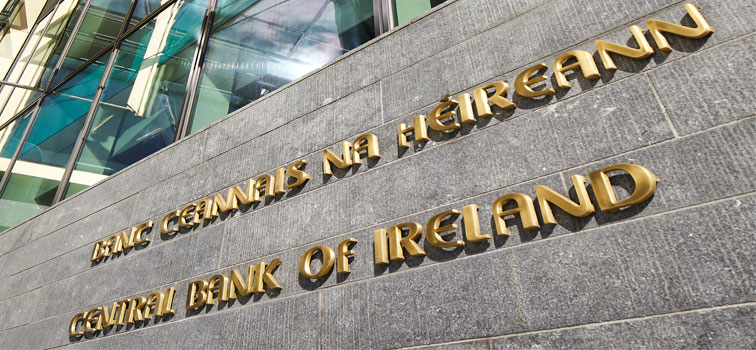Governor's Speeches
Governor Makhlouf delivers keynote at the Global Interdependence Center conference hosted by the Central Bank of Ireland
16 May 2023
Press Release

Delivering a keynote speech at the Global Interdependence Center conference hosted by the Central Bank of Ireland today (Tuesday), Governor Gabriel Makhlouf welcomed attendees from around the world and discussed the potential impacts of policy-driven reversals in global economic integration.
Loretta J. Mester, Ph.D., President and CEO of the Federal Reserve Bank of Cleveland will deliver the second of today’s keynotes this afternoon.
Speaking at the event this morning, Governor Makhlouf stressed that “countries can boost their resilience while maintaining the benefits of openness.”
“One approach is to diversify the economy by promoting the growth of multiple sectors and industries, reducing dependence on any one industry or market. Investment in infrastructure – including transport, communications and energy – can help to promote economic connectivity and reduce vulnerabilities to disruptions or breakdowns in these critical systems, and I have flagged this as particularly vital for the Irish economy.”
He went on to explain: “Limiting reshoring to vital goods that are most susceptible to supply chain disruptions could help reduce the depth of fragmentation.
“We should avoid excessively weakening Europe’s long-established state aid rules, as reduced foreign competition will ultimately undermine reshoring policies by giving local firms greater market power.
“Our analysis also indicates that if locally produced inputs are inferior to their imported counterparts, the economic costs of reshoring could be substantial.
“As such, policymakers should focus localisation policies on goods where there is already an existing comparative advantage in production. Or, at least, where the distance from the technological frontier is not too large.
“And, with regard to friend-shoring, policymakers should seek greater ties with regions that are not potential competitors for goods.”
On inflation he said: “While it is difficult to predict the exact impact of geoeconomic fragmentation on inflation, it is clear that changes in global trade patterns and shifts in supply and demand could potentially have significant and unpredictable effects on the price of goods and services.
“Another potential effect of geoeconomic fragmentation on inflation is an increase in the volatility of inflation. This can make it difficult for central banks to manage inflation and may require them to adjust interest rates more frequently or aggressively than they would otherwise.”
Governor Makhlouf concluded saying that we all needed to “avoid turning the reasonable quest for greater autonomy into an excuse to retreat behind borders.
“Resilience, of course, matters but ultimately, interconnectedness has given the world prosperity, opportunity and stability, notwithstanding its challenges.”
Further information on today’s conference is available here